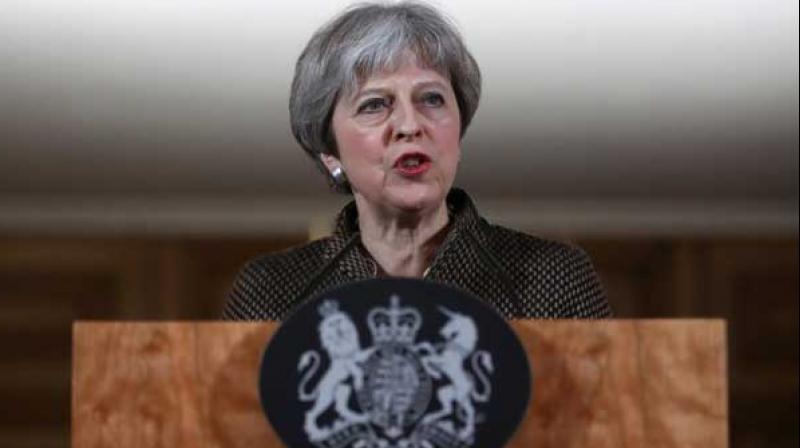Every putative Brexit solution has problems attached to it

There was a time within living memory when Britain was an unrivalled global power. Its colonial empire stretched pretty much across the world, and for decades at a stretch its divide-and-rule strategy worked reasonably well from London’s point of view in most of the occupied nations.
These days there are several reminders every week of British incompetence in self-governance. The nation’s inability to make up its mind about its future in relation to the European Union (EU) has regularly been highlighted since the referendum nearly three years ago in which Britons decided by a small but clear majority to quit the organisations, but in recent months the process has been reduced to a farce.
It has been reported that some European television channels in their news bulletins relegate reports about the latest developments on the Brexit front to the quirky-news slot just before sports and the weather. In Britain, Brexit naturally dominates the headlines. It has nonetheless been noticeable that even the most seasoned analysts, when asked what happens next, invariably confess that they haven’t the foggiest idea.
After Conservative Prime Minister Theresa May eventually managed to conclude an exit deal with the EU, it soon became pretty clear that its terms were unacceptable not just to Labour and the other opposition parties but, crucially, to a substantialsection of Tory MPs as well as to the Democratic Unionist Party, the reactionary Northern Irish outfit whose 10 seats May relies on for a parliamentary majority. The latter’s objection relates mainly to the so-called Irish backstop, which essentially means maintaining the status quo on the only land border between the UK and the EU — the one that separates Britain’s last substantial colony, Northern Ireland, from the Republic of Ireland.
May hesitated to put her deal to a parliamentary vote, and when she did it went down to the largest defeat for a government motion in more than a century. It suffered the same fate when she gave it a second go, although the size of the rejection was somewhat smaller — ‘only’ 149 votes. It was expected to be brought back to parliament this week after the EU offered Britain a brief reprieve by pushing back the Brexit deadline from March 29 to April 12 in the event of the House of Commons failing to pass the deal, with the added proviso that it could be delayed until May 22 if a majority of MPs backed the agreement.
In recent days, there have been indications that May could sweeten the deal by declaring that she would step down soon afterwards, or permitting an amendment whereby the terms of Brexit would be put to a popular vote — in effect a second referendum, which was the main demand of the million or so protesters on the streets of London last Saturday.
Meanwhile, a petition to revoke article 50 — which put in motion the Brexit process two years ago — had gathered upwards of 5m signatures by the weekend.
On Monday night, MPs voted to wrest control of parliamentary proceedings from the government in order to table motions on alternative paths out of the present mess — and May lost three of her ministers in the process. The government sees the notion of the House of Commons taking control of parliamentary business as something of a constitutional crisis, and it comes not long after the prime minister accused MPs of thwarting the popular will. That’s hyperbole, and what should be more worrying is the prospect that even after today’s indicative votes, no clear path forward will be delineated.
May’s relentless stubbornness may well cost her the keys to No 10 Downing Street, but it is far from clear whether a change of prime minister at this juncture would make a huge difference. In fact, there’s a series of problems attached to every putative solution. A second referendum? Apart from the fact that about half the population would see it as a betrayal of sorts, how long will it take to decide exactly what options should be offered to the electorate? A general election? What if the result is as indecisive as it was in 2017? Let’s not forget that the Labour Party too is deeply divided, and not just on Brexit.
For all that, it is extraordinarily churlish to direct Brexit-related invective primarily towards Labour, as sections of the British media love to do, given that David Cameron opted for a referendum on EU membership only to placate the right wing of his Conservative Party, and his successor’s actions (and inaction) have mainly be guided by the same concern.
The leading Brexiteers held out the idea of “taking back control” from Brussels, but evidently gave little thought to how it might be achieved, and the upshot is that Britain has lost its way. It may find it in the days ahead, but the likelihood keeps on shrinking.
By arrangement with Dawn

